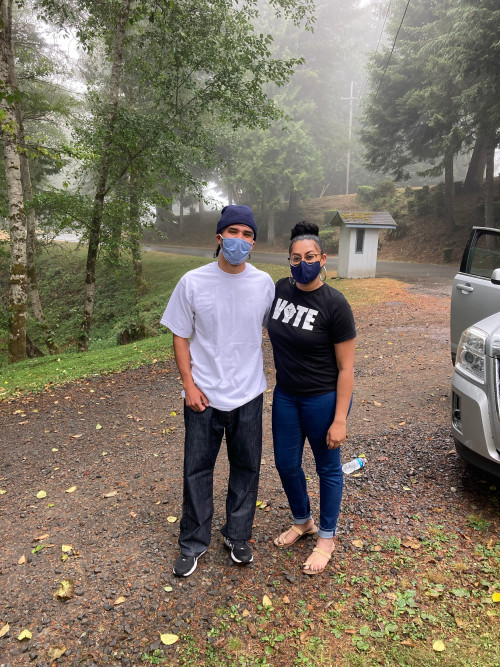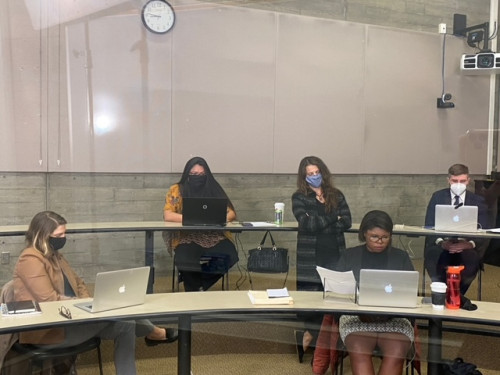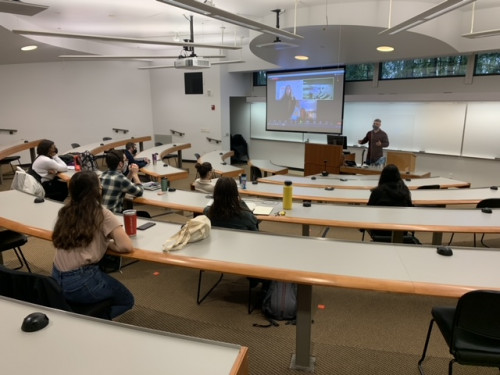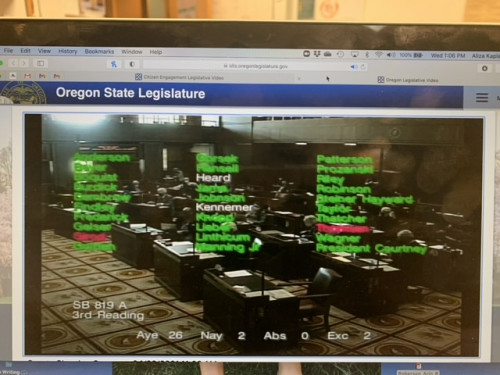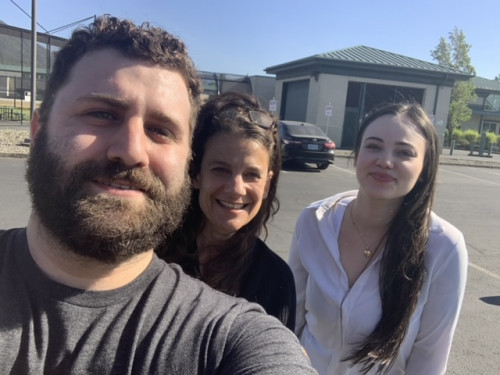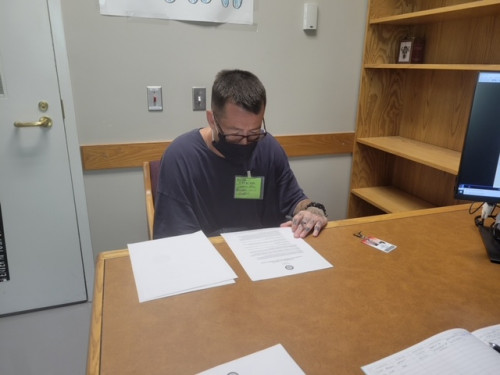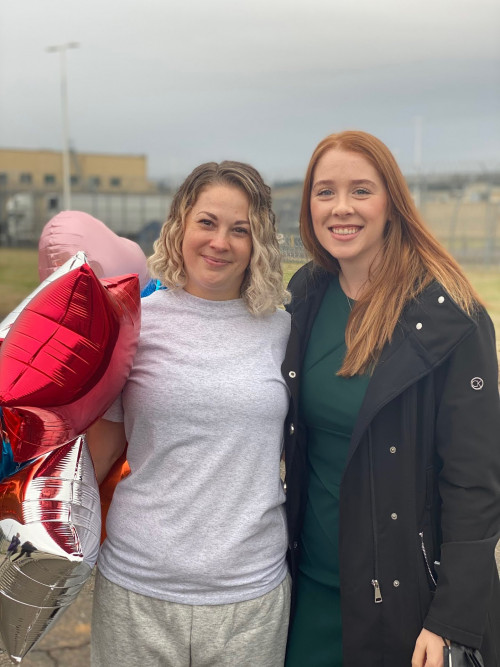- <a href="/live/image/gid/598/width/650/65416_l-peo-c1-0913-0061.jpg" class="lw_preview_image lw_disable_preview" tabindex="-1"><picture class="lw_image lw_image65416"><source media="(max-width: 500px)" type="image/webp" srcset="/live/image/scale/2x/gid/598/width/500/height/240/crop/1/65416_l-peo-c1-0913-0061.rev.1608838803.webp 2x, /live/image/scale/3x/gid/598/width/500/height/240/crop/1/65416_l-peo-c1-0913-0061.rev.1608838803.webp 3x" data-origin="responsive"/><source media="(max-width: 500px)" type="image/jpeg" srcset="/live/image/scale/2x/gid/598/width/500/height/240/crop/1/65416_l-peo-c1-0913-0061.rev.1608838803.jpg 2x, /live/image/scale/3x/gid/598/width/500/height/240/crop/1/65416_l-peo-c1-0913-0061.rev.1608838803.jpg 3x" data-origin="responsive"/><source media="(max-width: 800px)" type="image/webp" srcset="/live/image/scale/2x/gid/598/width/800/height/383/crop/1/65416_l-peo-c1-0913-0061.rev.1608838803.webp 2x" data-origin="responsive"/><source media="(max-width: 800px)" type="image/jpeg" srcset="/live/image/scale/2x/gid/598/width/800/height/383/crop/1/65416_l-peo-c1-0913-0061.rev.1608838803.jpg 2x" data-origin="responsive"/><source media="(max-width: 1200px)" type="image/webp" srcset="/live/image/gid/598/width/1200/height/575/crop/1/65416_l-peo-c1-0913-0061.rev.1608838803.webp 1x" data-origin="responsive"/><source media="(max-width: 1200px)" type="image/jpeg" srcset="/live/image/gid/598/width/1200/height/575/crop/1/65416_l-peo-c1-0913-0061.rev.1608838803.jpg 1x" data-origin="responsive"/><source media="(min-width: 1201px)" type="image/webp" srcset="/live/image/gid/598/width/1440/height/690/crop/1/65416_l-peo-c1-0913-0061.rev.1608838803.webp 1x" data-origin="responsive"/><source media="(min-width: 1201px)" type="image/jpeg" srcset="/live/image/gid/598/width/1440/height/690/crop/1/65416_l-peo-c1-0913-0061.rev.1608838803.jpg 1x" data-origin="responsive"/><img src="/live/image/gid/598/width/1440/height/690/crop/1/65416_l-peo-c1-0913-0061.rev.1608838803.jpg" alt="Aliza Kaplan, Professor of Lawyering and Director of the Criminal Justice Reform Clinic, teaches a class." width="1440" height="690" data-max-w="2048" data-max-h="777" data-optimized="true"/></picture></a><div class="hero-full_image_caption collapsable-caption">Aliza Kaplan, Professor of Lawyering and Director of the Criminal Justice Reform Clinic, teaches a class.</div>
Criminal Justice Reform Clinic (CJRC)

Under the supervision of Professor Aliza Kaplan, the Criminal Justice Reform Clinic offers an exciting opportunity for students to get hands-on legal experience while representing clients and working on in critical issues in the backend of Oregon’s criminal justice system.
(The CJRC is not being offered during the 2025-2026 academic year)
Criminal Justice Reform Clinic students work on a variety of case work and issues including clemency, parole, access to courts for incarcerated youth, and forensic science in criminal cases.
In addition to direct client casework, students have the opportunity to advance criminal justice reform working with Professor Kaplan and in collaboration with attorneys and organizations such as the Forensic Justice Project, ACLU of Oregon, Disability Rights Oregon and Metropolitan Public Defender on various research and data driven projects and reports, briefs, and legislative initiatives. Clinic students conduct legal/fact research and analysis; write motions, briefs and reports; interview and advise clients; attend and participate in legal and legislative meetings and hearings; and meet and participate in strategy sessions with members of the bar, the judiciary and community leaders. Experienced attorneys, former clients, and allied professionals (e.g., psychologists, legislators, law enforcement, activists) are also brought in as guest lecturers.
-
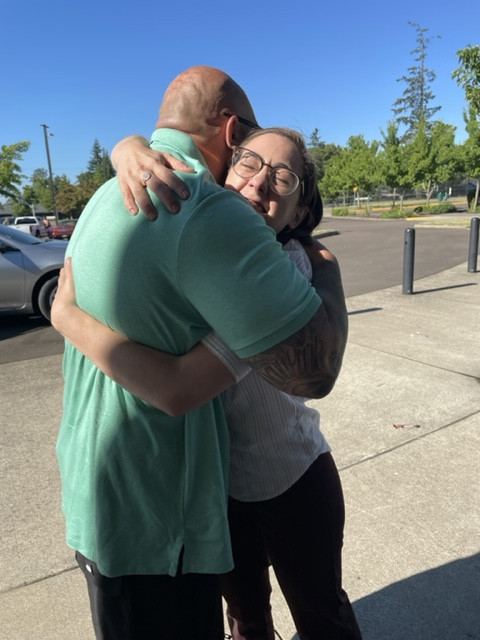 Clinic student Maggie Powers with former client at his release from prison.
Clinic student Maggie Powers with former client at his release from prison. -
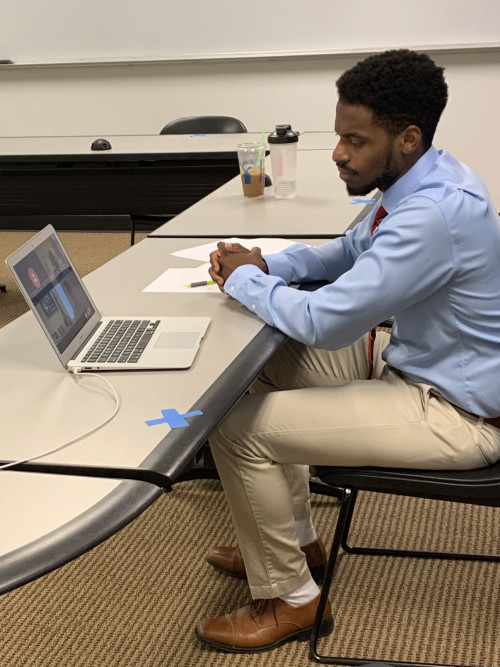 Clinic student Clarens Emrich conducting a parole hearing during COVID-19.
Clinic student Clarens Emrich conducting a parole hearing during COVID-19. - Clinic attorney Anjana Kumar with CJRC clemency client at his release from prison.
-
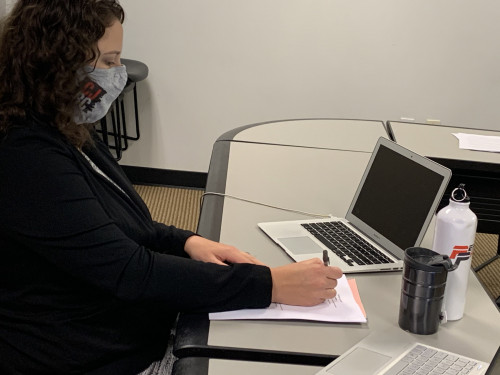 Clinic student Grace White conducting a parole hearing during COVID-19.
Clinic student Grace White conducting a parole hearing during COVID-19. - Chloe Williams leading a parole hearing.
- Former Client Teaching Class.
- Oregon legislature voting on Clinic bill SB 819.
- Clinic students Micah Ross and Ellie Nicoletta with Prof. Kaplan at Rogue Valley Youth Correctional Facility.
- Professor Kaplan with former clients/project ambassadors planning the Black Oregonian Pardon Project.
-
 Students working in the Clinic office.
Students working in the Clinic office. -
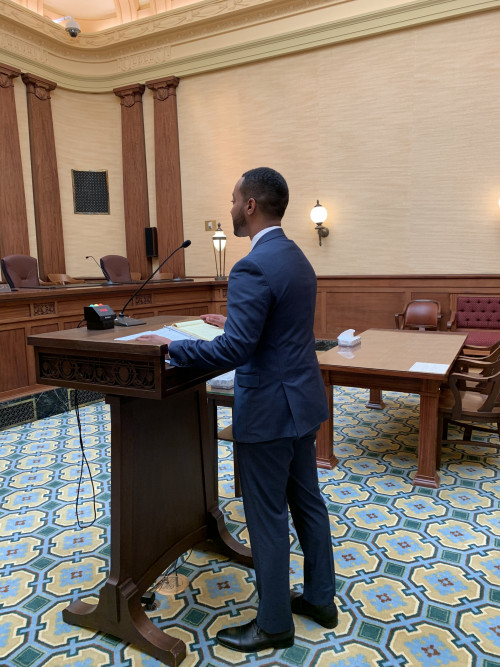 Clinic student Bruce Myers argues at the Oregon Court of Appeals.
Clinic student Bruce Myers argues at the Oregon Court of Appeals. -
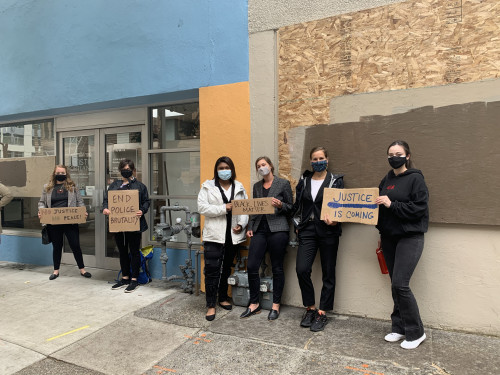 Clinic students support Black Lives Matter.
Clinic students support Black Lives Matter. -
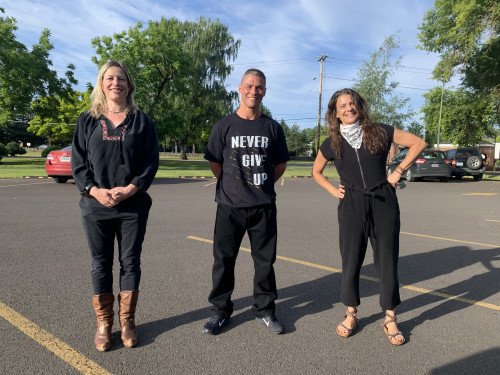 Client Josh Cain (middle) with staff attorney Venetia Mayhew (left) and Professor Aliza Kaplan (right) at his release from prison following a commutation by the Governor.
Client Josh Cain (middle) with staff attorney Venetia Mayhew (left) and Professor Aliza Kaplan (right) at his release from prison following a commutation by the Governor. -
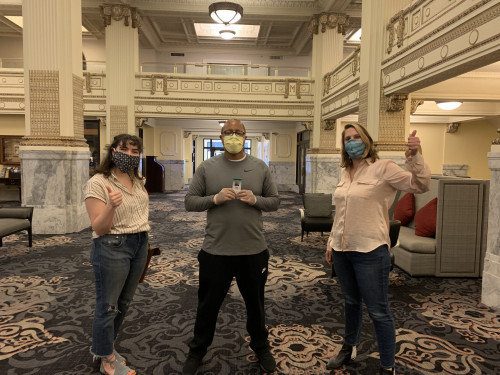 Client Joshua Wilburn with clinic student Taylor Rose and clinic attorney Mieke de Vrind.
Client Joshua Wilburn with clinic student Taylor Rose and clinic attorney Mieke de Vrind. -
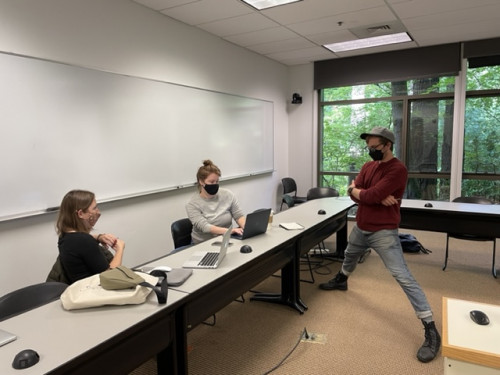 Clinic students strategizing juvenile set aside cases.
Clinic students strategizing juvenile set aside cases. - Clinic client reviewing his clemency paperwork.
-
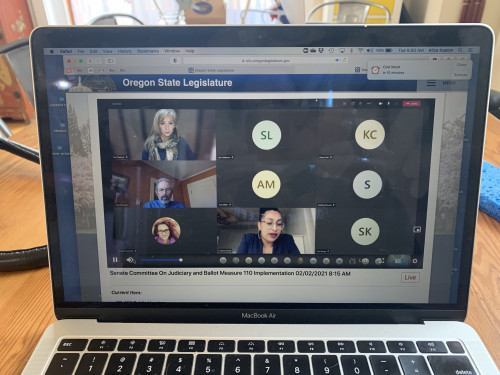 OYA Youth Legal Clinic attorney Anjana Kumar testifying in support of SB 422 to eliminate court fines and fees associated with juvenile delinquency.
OYA Youth Legal Clinic attorney Anjana Kumar testifying in support of SB 422 to eliminate court fines and fees associated with juvenile delinquency. - Professor Kaplan with former client at his release at Oregon State Penitentiary.
-
 Former client with his legal team.
Former client with his legal team. -
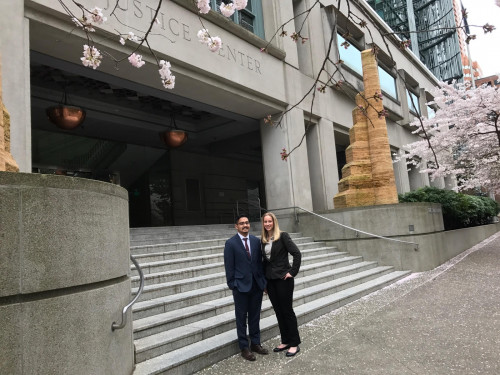 Chad Marquez and Danielle Richardson at the Columbia county courthouse.
Chad Marquez and Danielle Richardson at the Columbia county courthouse. -
 Clinic student Mark Cebert testifying to the Oregon senate judiciary committee.
Clinic student Mark Cebert testifying to the Oregon senate judiciary committee. -
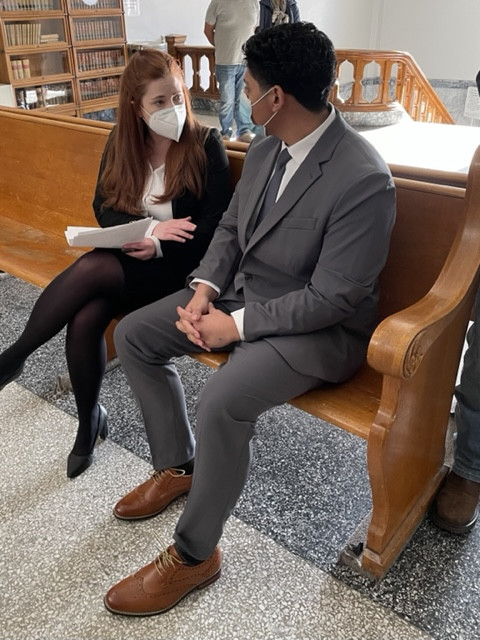 Clinic fellowship attorney Natalie Hollabaugh preparing client for SB 819 hearing.
Clinic fellowship attorney Natalie Hollabaugh preparing client for SB 819 hearing. -
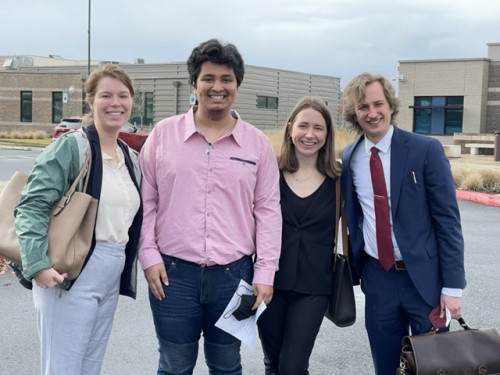 Students Caroline Taylor and Jake Larson with former juvenile set aside client and Clinic staff attorney Laney Ellisor outside juvenile court.
Students Caroline Taylor and Jake Larson with former juvenile set aside client and Clinic staff attorney Laney Ellisor outside juvenile court. -
 Client Juliette McShane (right) with clinic student Alison Kavanagh (left) at her release from prison following a commutation by the Governor.
Client Juliette McShane (right) with clinic student Alison Kavanagh (left) at her release from prison following a commutation by the Governor. -
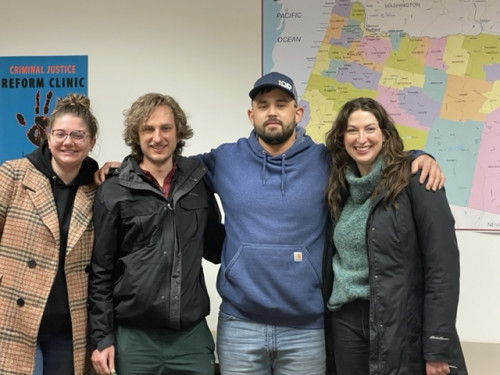 Former clemency client visiting the Clinic.
Former clemency client visiting the Clinic. -
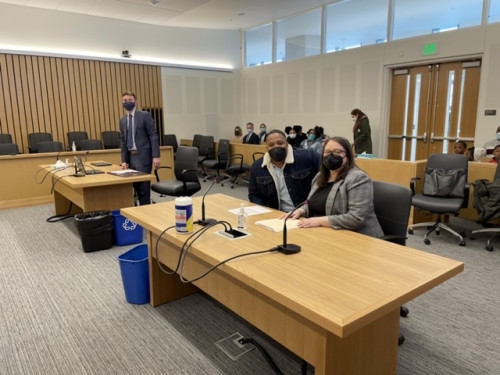 Clinic staff attorney Brittany Hill with client at SB 819 hearing.
Clinic staff attorney Brittany Hill with client at SB 819 hearing. -
 Clinic student Ilima Umbhau with client at Japanese Healing Garden at Oregon State Penitentiary.
Clinic student Ilima Umbhau with client at Japanese Healing Garden at Oregon State Penitentiary. -
 Clinic student Adrienne Delmonte and Professor Kaplan visiting a client at Snake River Correctional Facility.
Clinic student Adrienne Delmonte and Professor Kaplan visiting a client at Snake River Correctional Facility. -
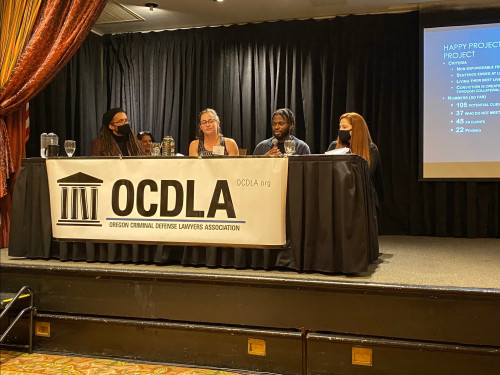 Clinic students Sara Long and Mark Cebert presenting at OCDLA conference with former client and Clinic fellowship attorney Natalie Hollabaugh.
Clinic students Sara Long and Mark Cebert presenting at OCDLA conference with former client and Clinic fellowship attorney Natalie Hollabaugh. - Former clinic student Stacie Damazo meeting her client outside Coffee Creek Correctional Facility at her release.
News
Criminal Justice Reform Clinic Transforms Lives with SB 819
Students in the CJRC are actively bringing SB 819 cases, representing clients in cases across the state, writing petitions, and participating in hearings in circuit courts.
Data Analysis by Law Students Helps Secure Victory for Disability Rights Oregon
In connection with their work with Disability Rights Oregon and the Criminal Justice Reform Clinic, 3L students Jemma Pritchard and Christa Doerbeck analyzed data related to fitness to proceed orders, leading to more equitable criminal justice procedures for houseless and disabled people in Oregon.

